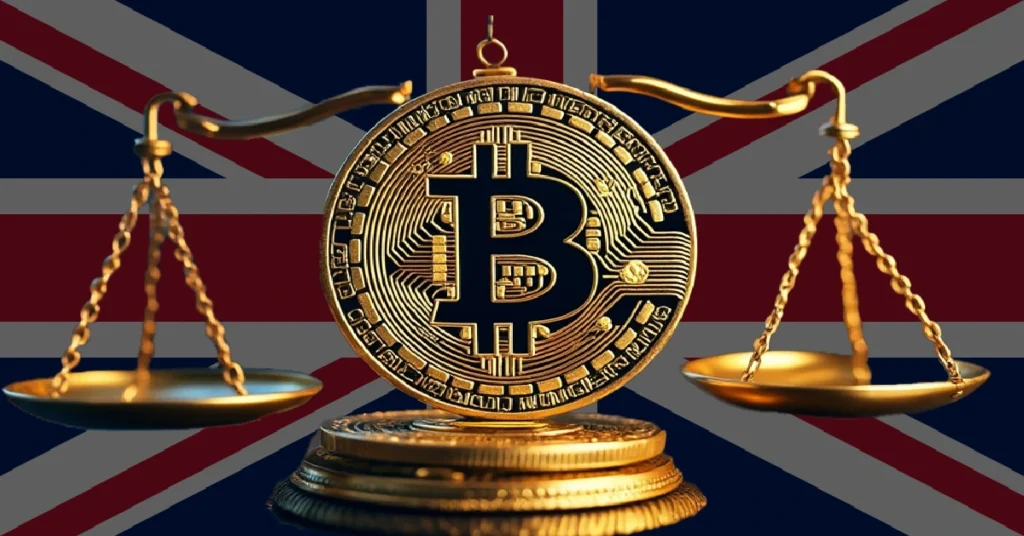The UK government has introduced a Cryptocurrency Bill to Parliament that could change how digital assets are treated under UK law. If passed, the bill would classify cryptocurrencies, NFTs and tokenized real-world assets (RWAs) as personal property, providing legal protection against fraud, theft and other risks. The legislation is the first of its kind, setting the UK apart globally.
Here’s how the government plans to redefine the legal rights of digital asset owners.
Introducing a new category for digital assets
So far, UK law has only two categories covering all assets. The first category is “possession items”, which includes physical assets such as a house, car and money. The second category covers debts and shares, called “action items”. Digital assets do not fit into either of these two categories. To overcome this challenge, the bill will introduce a third category that will give these assets the status of personal property.
The move follows a 2023 report from the Law Commission, which noted that digital assets do not fit into existing property categories and should be treated differently. The Commission suggested that formally recognising digital assets as property would provide clarity in legal matters such as commercial disputes and divorce settlements.
Legal Protections for Digital Asset Owners
A key aspect of the bill is the legal protection it provides to owners of digital assets, including cryptocurrencies, NFTs, and tokenized RWAs. By clearly defining these assets as personal property, the bill aims to eliminate the current uncertainties that often complicate legal issues, particularly in cases of fraud or litigation. This clarity will help courts resolve disputes involving digital assets more efficiently.
Justice Minister Heidi Alexander has stressed the importance of keeping UK legislation up to date with technological changes. She said the legislation would help the UK remain a leader in the global crypto space by strengthening its legal sector, which contributes around £34 billion a year to the UK economy.
Maintaining competitiveness in this rapidly evolving field is essential to ensuring the UK’s continued influence.
Paving the way for a crypto-friendly UK
If passed, the law is expected to make the UK a crypto-friendly nation, attracting investment and business to its legal sector. By being the first country to officially recognize digital assets as personal property, the UK aims to set itself apart from other nations, creating a safer and more predictable environment for cryptocurrency investors and businesses.
With clear legal guidelines in place, the UK hopes to support a strong and secure digital asset market, strengthening its role as a key player in the global crypto industry.
Also read: UK Cryptocurrency Regulation 2024
What are your concerns or questions about this new law? Let’s discuss it!




